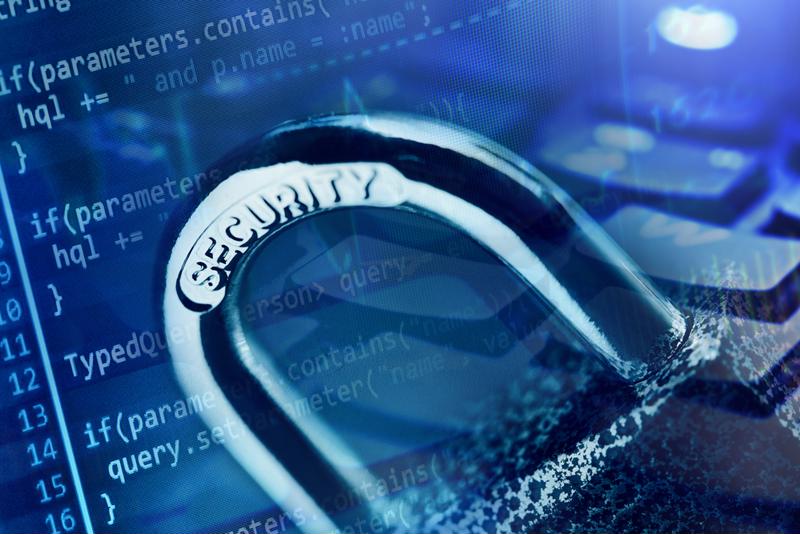People probably hear about issues like cybersecurity and hacking all the time, but it's often one of those things that gets ignored, or at least categorized as something that "can't happen to me." But the truth of the matter is that there are so many cyber threats out there that even if hackers aren't targeting any individual specifically, random people still run the risk of having their computers, networks, and devices affected by these issues.
As a result, there's probably a lot the average person needs to know about cybersecurity in general, but doesn't, according to a report from the consumer financial advice site Bankrate. The first and most important issue in this regard – especially for people who bring laptops out of their homes on a regular basis – is that they should password-protect their phones, computers, and networks. The best passwords tend to be long and random, and incorporate letters, numbers, and symbols. Having that as a first line of defense if a device is lost or stolen – or even if a hacker tries to gain access – could be hugely beneficial.
Likewise, people who take their laptops out of the house and connect them to public Wi-Fi networks should be extremely cautious about doing so, the report said. If an average user can connect to a network, so can a hacker, and at that point the cybercriminal can monitor all the transmissions on that network. As such, people should never use these connections to send sensitive data including personally identifying or financial information.

Take other precautions
In addition, many people may find themselves annoyed by pop-ups on their computers asking them to click links, but they shouldn't be encountering these intrusions, the report said. That's why things like firewalls, anti-virus programs, and malware scanners can go a long way toward ensuring that people's devices, their personal networks, and most importantly their files and sensitive data have additional layers of security between them and the outside world.
Another issue
Of course, all these things prevent hackers from actively gaining access to a system, but what about passive threats? After all, many consumers have their personal information stolen because they inadvertently download attack programs, rather than someone actually going to the trouble of hacking their systems, the report said. As such, it's vital that people know what to look for when they download things or visit certain sites.
However, it's not always easy to identify these threats unless people know what they're looking for, the report said. For instance, loved ones whose systems were infected may seem to send emails with attachments that appear to be photos or other non-threatening files, but are actually viruses or malware. If things don't seem like they're on the up-and-up, it's better to be safe than sorry, and just avoid them.
In general, the more that can be done to follow common-sense steps for even basic precautions, the better. The best practice when it comes to keeping a device or network safe is to be vigilant and carefully consider security on an ongoing basis.

